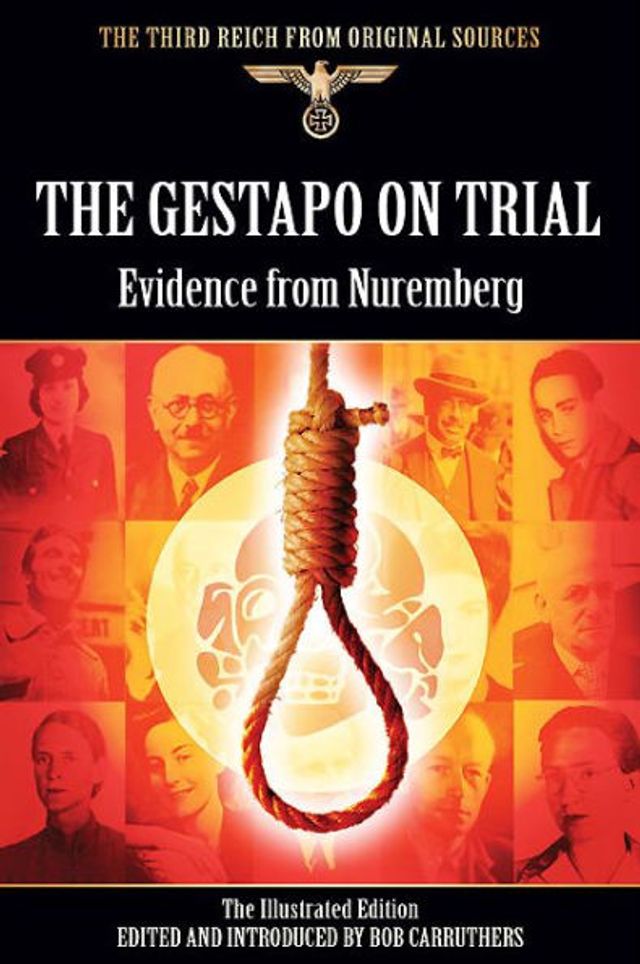Home
Establishment Eschatology England's Reformation: Evidence from the Doctrinally-Binding Formularies of Faith, 1534-1571
Loading Inventory...
Barnes and Noble
Establishment Eschatology England's Reformation: Evidence from the Doctrinally-Binding Formularies of Faith, 1534-1571
Current price: $180.00


Barnes and Noble
Establishment Eschatology England's Reformation: Evidence from the Doctrinally-Binding Formularies of Faith, 1534-1571
Current price: $180.00
Loading Inventory...
Size: Hardcover
*Product Information may vary - to confirm product availability, pricing, and additional information please contact Barnes and Noble
Exploring what the early English Protestants came to believe about the afterlife, and how they arrived at their positions, this much-needed book fills a gap in the scholarly literature. In surveying the authorised doctrinal works of the English church through the Reformation period, the progress of eschatological thinking is traced from the earliest days of change to the solidification of the formularies which remain binding across the worldwide Anglican Church today.
Fresh observations are made on some well-known texts such as the
Books of Common Prayer, Articles of Religion
and official Tudor homilies, and these are complemented by commentary on surprisingly understudied documents of the period including primers, catechisms, and the paratexts of the early printed English Bibles. The result is a fascinating study of the English reformers’ navigation past both Roman Catholic and radical anabaptist beliefs, and it shows that their arrival at a relatively barren destination was due in part to a complete switch in theological priorities and in part to a fear of the implications of formally adopting some of the highly contested views.
Establishment Eschatology
will prove to be an important resource for students and scholars of England’s early modern religious and cultural history.
Fresh observations are made on some well-known texts such as the
Books of Common Prayer, Articles of Religion
and official Tudor homilies, and these are complemented by commentary on surprisingly understudied documents of the period including primers, catechisms, and the paratexts of the early printed English Bibles. The result is a fascinating study of the English reformers’ navigation past both Roman Catholic and radical anabaptist beliefs, and it shows that their arrival at a relatively barren destination was due in part to a complete switch in theological priorities and in part to a fear of the implications of formally adopting some of the highly contested views.
Establishment Eschatology
will prove to be an important resource for students and scholars of England’s early modern religious and cultural history.


















